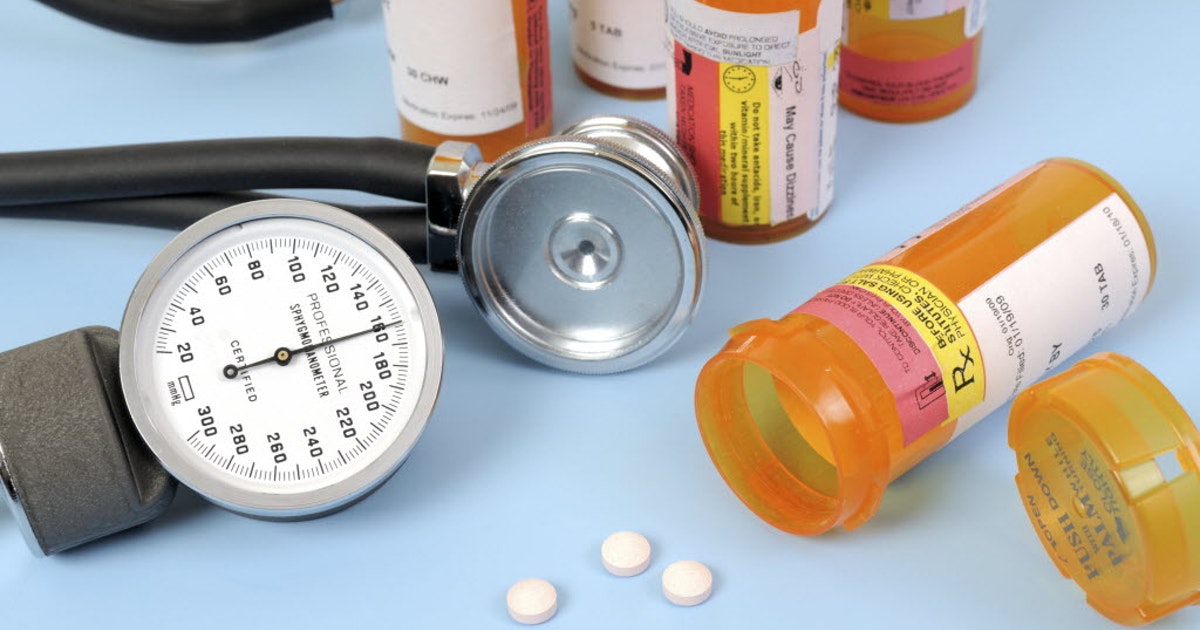Treating And Recovering From A Heart Attack
Blood Thinning Medication

Medically known as anticoagulants or antiplatelet medicines, blood thinning medication helps prevent the formation of clots in the blood and stop existing clots from growing. These drugs are often recommended to patients who are at risk of a cardiac event and to those who have already experienced a heart attack. Some of the most commonly used blood thinners include apixaban, dabigatran, rivaroxaban, and warfarin. In addition to these oral medications, stronger blood thinners such as heparin and fondaparinux can be given with an IV or injection to patients with the highest cardiac risk. The most common side effects of blood thinning medication are bruising easily and experiencing higher than average blood loss from minor scrapes. More serious side effects of blood thinners include heavy menstrual periods, blood in the urine, bleeding gums, nosebleeds, dizziness, and headaches or stomach aches. Some types of blood thinners require close monitoring, including frequent blood tests. Patients preparing for surgery will likely be required to stop taking blood thinners for a few days before the procedure to avoid possible complications.
Read more about treating and recovering from a heart attack now.
Beta Blocker Medication

Beta blocker medication helps slow the heartbeat and lower blood pressure. Beta blockers are often recommended to patients who have had heart attacks and can be helpful in preventing a future cardiac episode. The drugs reduce the strain placed on the heart and help blood vessels relax so that blood can flow more easily. The most common beta blockers include atenolol, carvedilol, metoprolol, penbutolol, and propranolol. Patients taking beta blockers may be asked by their doctors to keep a diary of their pulse and blood pressure measurements at home. Common side effects include weight gain, depression, insomnia, shortness of breath, swelling of the hands or feet, cold hands and feet, and vivid dreams. Patients who cannot tolerate the side effects of their beta blocker may be able to change to a different medication with fewer side effects. Like blood thinners, beta blockers may need to be stopped for a few days before any surgery, including dental procedures.
Uncover more options for treating and recovering from a heart attack now.
